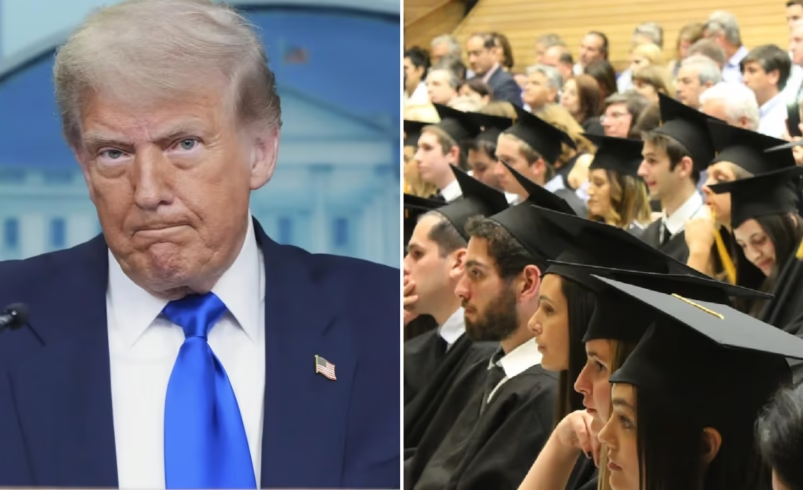US Supreme Court Restricts Nationwide Injunctions, Affecting Birthright Citizenship
- June 28, 2025
- 0

The United States Supreme Court has recently imposed limitations on the ability of lower courts to issue nationwide injunctions, a decision that significantly impacts immigration law. This ruling allows an executive order from President Trump, which seeks to end birthright citizenship for children born to undocumented immigrants, to be implemented in 28 states. However, the policy continues to face legal challenges and remains blocked in 22 states. This development has sparked concern among immigrant rights organizations, who argue that the ruling could lead to legal ambiguities and potentially render newborns stateless in certain jurisdictions.
The Supreme Court’s decision marks a pivotal moment in the ongoing debate over immigration policy in the United States. By restricting the scope of nationwide injunctions, the court has effectively altered how federal policies can be challenged and enforced across different states. This change could lead to a patchwork of immigration laws, where policies vary significantly from one state to another, creating uncertainty for immigrants and their families.
Immigrant advocacy groups have expressed alarm over the potential consequences of this decision. They warn that without a uniform national policy, children born to undocumented immigrants may face difficulties in obtaining citizenship, leading to a rise in stateless individuals. This could have far-reaching implications for access to education, healthcare, and other essential services.
The ruling also raises questions about the balance of power between federal and state governments in shaping immigration policy. As states navigate the complexities of implementing or challenging the executive order, the legal landscape surrounding birthright citizenship is likely to remain contentious.
In summary, the Supreme Court’s decision to limit nationwide injunctions represents a significant shift in immigration law enforcement, with potential implications for millions of individuals across the United States. The outcome of this legal battle will be closely watched by policymakers, legal experts, and immigrant communities alike.